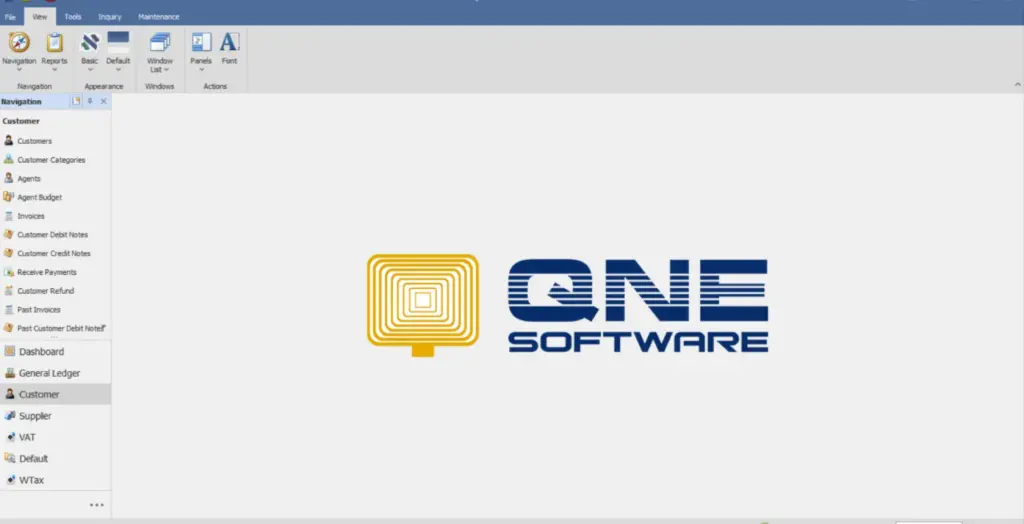
Dianne P. |
June 26, 2024
In an era where efficiency is paramount, traditional bureaucratic processes often stand as obstacles to progress. Long queues, endless paperwork, and complex procedures are hallmarks of bureaucracy that hinder productivity and innovation. However, the advent of automation is revolutionizing the way we navigate these systems, offering a streamlined, efficient, and user-friendly alternative.

I’ve experienced firsthand how bureaucracy can stifle efficiency. Whether I’m dealing with government agencies, corporations, or educational institutions, the redundant processes and excessive paperwork have always been incredibly frustrating. It’s not just the time wasted that bothers me; it’s the way it slows down decision-making and creates dissatisfaction for everyone involved. The manual handling of tasks only makes things worse, increasing the likelihood of errors and inconsistencies. It’s a constant reminder of how much we need more streamlined, automated systems to cut through the clutter and make our lives easier.
One area where automation is making a significant impact is in accounting. As someone who’s spent countless hours sifting through spreadsheets and double-checking entries, I’ve personally witnessed how traditional accounting systems can be bogged down by time-consuming manual processes and data entry errors. The constant need for human oversight adds to the workload and stress. However, the advent of automation in accounting has been a game-changer for me and many others in the field. By automating repetitive tasks and ensuring accuracy, these advanced systems free up our valuable time and energy, allowing us to focus on more strategic and meaningful activities. It’s not just about improving efficiency; it’s about transforming the way we work and making our professional lives more fulfilling.
This is why we are currently working on implementing the QNE Accounting System, and I’m truly excited about this change. As someone who’s often buried in invoices, reconciliations, disbursements, and other data entry tasks, the introduction of QNE feels like a breath of fresh air. This cutting-edge accounting software is designed to streamline our financial processes and boost our operational efficiency, freeing us from the monotony of manual tasks.
QNE handles tasks like invoice processing, bank reconciliation, financial reporting, and more with remarkable speed and precision. What’s even better is that QNE adapts to new regulations, ensuring we stay compliant and significantly reducing the risk of errors. It’s a game-changer for our team, allowing us to focus on what truly matters.

What I find particularly impressive about QNE is how it enhances transparency and accountability within organizations. With automated workflows, every transaction is recorded and tracked, making it easier to audit and identify discrepancies. This level of oversight is crucial for maintaining financial integrity and building trust with stakeholders.
In conclusion, while traditional bureaucratic processes continue to pose challenges, automation, particularly through systems like QNE, is proving to be a significant step forward. By streamlining operations, reducing errors, and providing real-time insights, QNE is helping organizations navigate bureaucratic hurdles with greater efficiency and effectiveness. As automation continues to evolve, its potential to transform bureaucratic processes and enhance productivity will only grow, paving the way for a more innovative and efficient future.